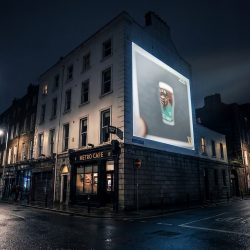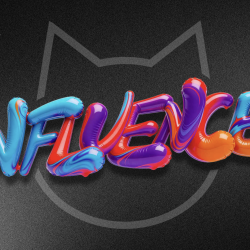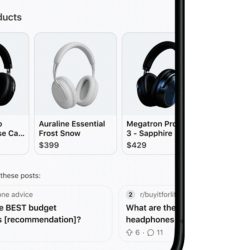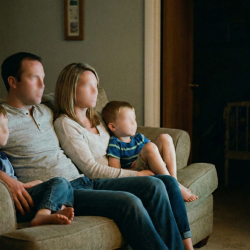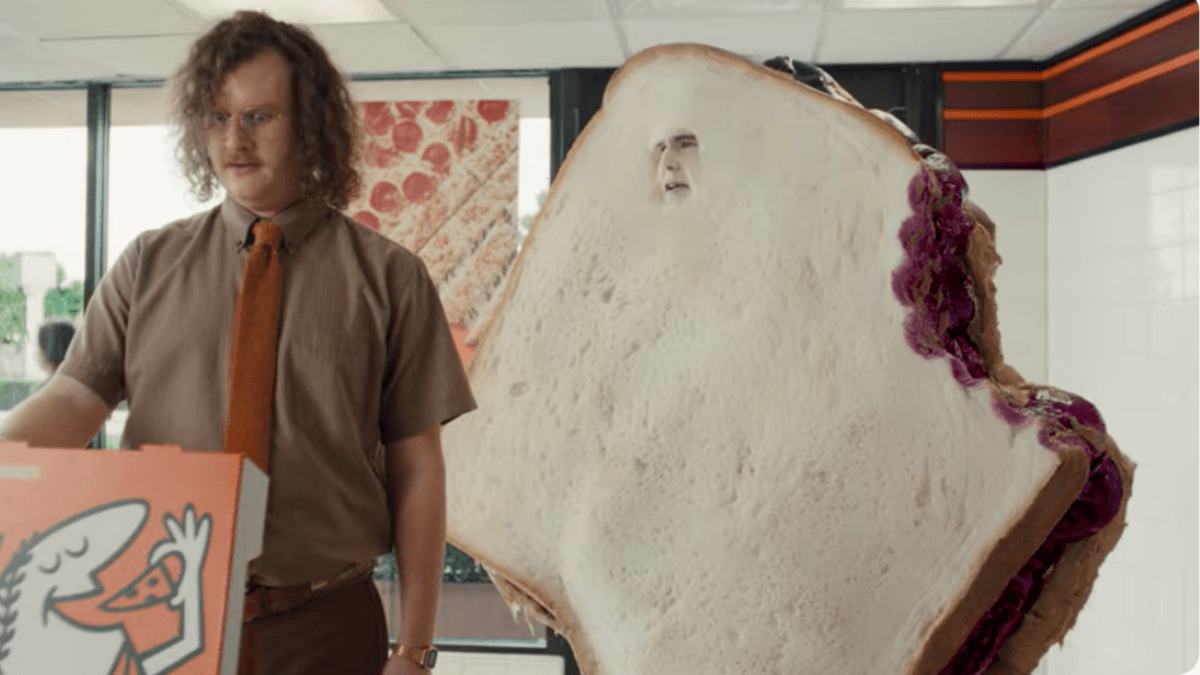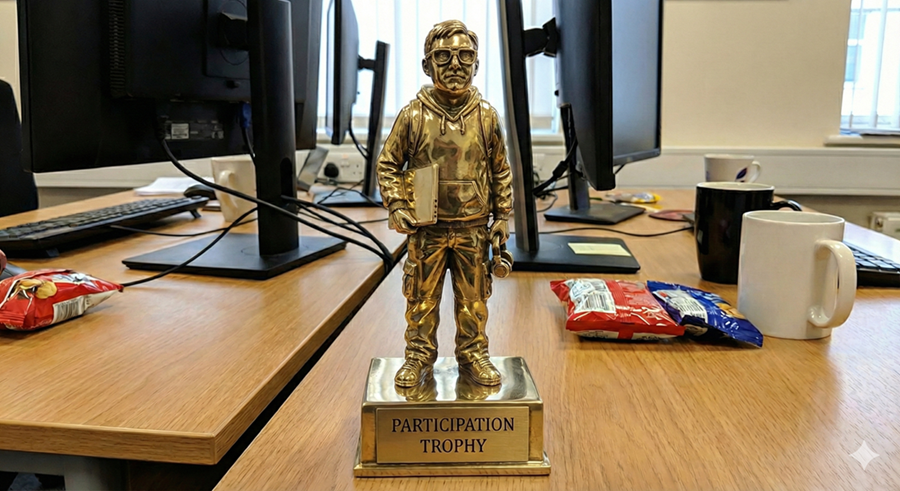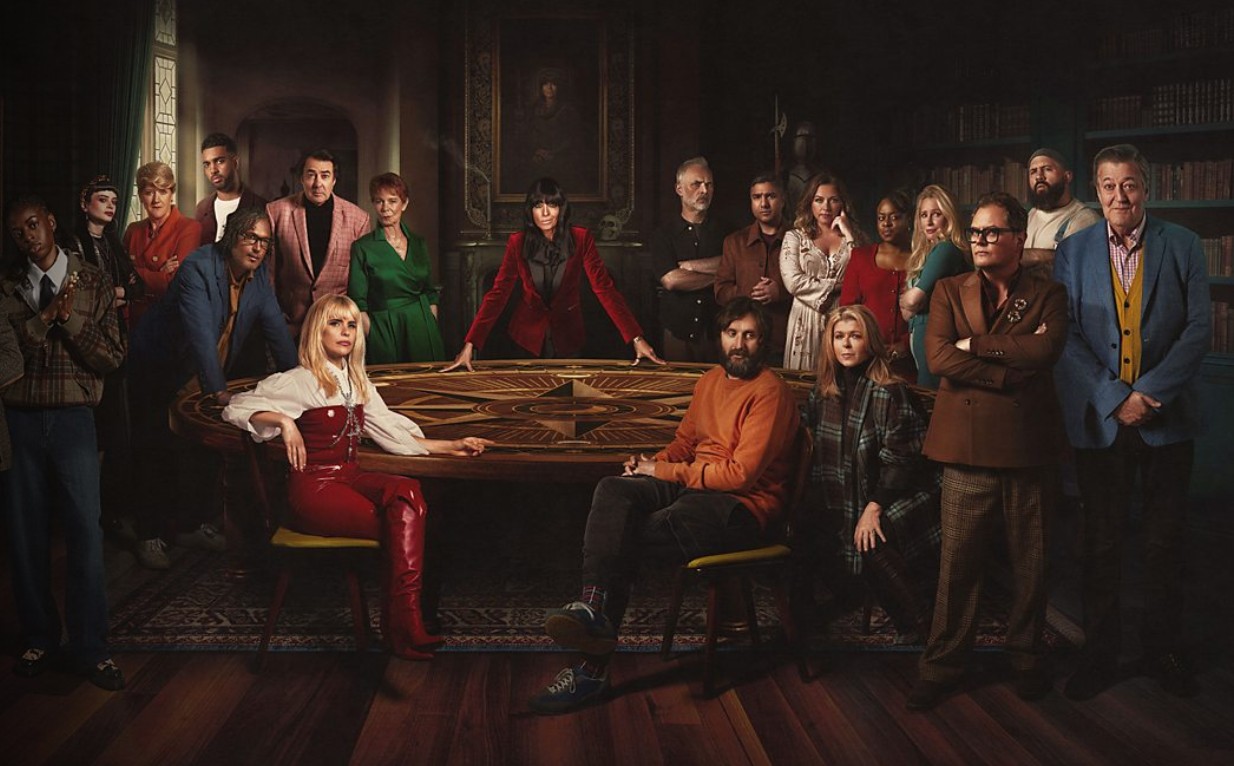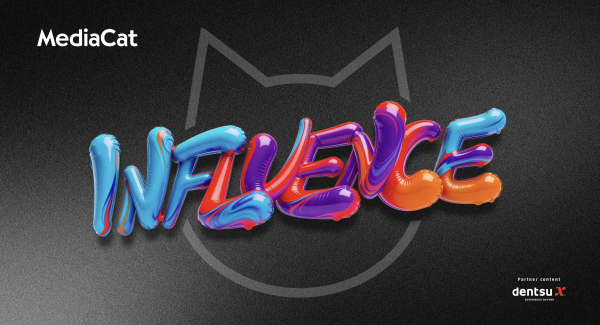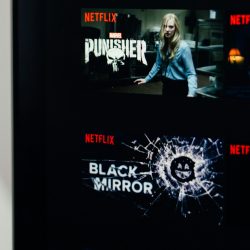I saw an ad that made me laugh recently…
I know, right?! I was as surprised as you…for a couple reasons. Gentle reader, I have to make an embarrassing confession; please keep it to yourself under FrieNDA. I don’t watch commercial television and so I don’t really see television ads in the wild, except during the Super Bowl, random fragments at my dad’s house in the UK and very occasionally some at the movies. This was mostly a function of living nomadically for a decade; so local commercial television was usually not in an amenable language. But to be honest the vast majority of my ‘television’ viewing (I love ‘TV’) was via streaming apps, even before that. It feels almost professionally negligent — I know, I know, I’m bad and I should feel bad. In my defense I reside in the USA and commercial TV has an absurd ad load here — they have ads directly after the intro credits! It’s worth remembering how different countries and their media environments can be. TV penetration is under 50% in rural parts of many countries of the world.
I’m also obviously an edge case for lots of reasons due to my business and lifestyle but I do have a sneaking suspicion that I’m not the only advertising person who mostly watches streaming without ads. And that maybe uses an adblocker for ‘privacy’ reasons…
Imma just leave these here…
I consume a lot of advertising through the trade press and discourse it generates
This is not the way normal people consume advertising, entirely stripped of context, analysed in great detail. Our interest in advertising means we cannot consume it in the same way as civilians.
However, advertising has recently reappeared in my leisure-time digital audio-video streaming consumption! I haven’t upgraded my subscriptions so I can see ads. I literally did it so I can see more ads — this is also not something a normal person would do! It’s jarring because it’s new but you get used to it (we get used to everything) and the ad loads are small at the moment (but inevitably growing because, y’know, growth. When a media platform stops growing its customer base it will inevitably increase the ad load to keep revenue growing…until that pushes away customers who can afford to make choices and the process begins anew). I noticed T-Mobile had done a ‘remove your ads’ sponsorship on Netflix, which was nice — we have paid to take away the other ads for you!
Then I saw the new ad for Little Caesars and it made me laugh and genuinely triggered a discussion my wife and I have never had before: ‘maybe we should try a Little Caesars?’ (Thus far we have not, and since they are a retail advertiser they need to be getting me to the nearest store [I wonder where that is?], but I haven’t really been in-market, for various reasons, since I saw the ad — this is normal! I have never bought or tasted Little Caesars before, but now it might be possible at some point in the future. Or not. This is what mostly happens! It’s stochastic, not deterministic! Fun!)
The ad in question ran during the Super Bowl and I watched it, but I find it hard to remember any specific execution from the game because there are so many ads. I literally don’t remember seeing this one. I may have been in the bathroom. I have begun to realize that for many people watching the huge game the context makes even hearing the ads difficult. Snacks, drinks and chat all distract dramatically from absorbing the advertising, which is probably a consumption modality worth considering at $7M per slot.
Anyway, after years of po-faced purpose work (at least in part because that’s what was winning awards) we have begun to swing back to humour; as evinced by the new awards category at Cannes
People respond to incentives! That’s normal! Advertising people are people, and awards are a standardised reputational metric that helps them get jobs and make more money! Don’t blame the players &c. Where was I? Oh yes, I saw an ad and had a surprising giggle. The ad is about a new combination pizza offer. The guy buying it exclaims it’s the best combination ever. He is caught ‘cheating’ by his PB&J — the other greatest combination. The gag works, but it comes to life through nuance, especially the absurd costume and wonderfully deadpan delivery and face acting of the sandwich (that has a few bites taken out of his side); who is persuaded to try the pizza, and loves it against his will. (Also when searching for it online I found an AI generated video ‘review’ of the ad that had much, much better SEO than the original. Also hilarious, but for different and ultimately the saddest of reasons.)
There is a clear lineage here, one that in large part can be attributed to work by Gerry Graf and his various teams. Gerry is of the most distinctive creatives. This isn’t his, as far as I’m aware, but Little Caesars is clearly continuing the brand strategy, developed with his and their former agency Barton F. Graf (which is also formerly an agency). You know the surreal ‘Taste the Rainbow’ ads from Skittles; when they rebooted that tagline in the early naughties? A 2004 New York Times article said, ‘Gerry Graf, executive creative director at TBWA New York, said that to regain consumers’ attention, the advertising would have to mix Skittles fantasy with elements more recognizable as part of the real world.
‘There were so many more ways to execute magic and fun than just a wizard dancing on a cliff,’ Mr. Graf said. ‘When we brought Skittles magic to the real world we started having a lot of fun.‘
This surreal interrupt was very noticeable and noticed at the time, but is arguably even more relevant to today’s fast food snack consumers
Unlike that Lamb ad that went viral from Australia, surreal humor avoids the polarisation of the culture war entirely and perhaps that’s something people want more than ever today. Satire has been in a tough spot conceptually since about 2016. The world is confusing and sometimes the only response that makes sense is to laugh.
The philosophers ‘Calvin and Hobbes’ (the kid and tiger comic strip version) makes this point both funny and serious.
Calvin: ‘Don’t you think it’s odd we appreciate absurdity? Why would we develop that way? How does it benefit us?’
Hobbes: ‘I suppose if we couldn’t laugh at things that don’t make sense, we couldn’t react to a lot of life.’
…
Calvin: ‘I can’t tell if that’s funny or really scary.’
Surreal humour, ushered in this time in no small measure by the remarkable output of Adult Swim in the USA, has become obvious across the cultural landscape. As before, when it first emerged in the 1920s, it could be seen as a rejection of the harsh, unpredictable realities of life.
Especially when the giants of comedy seem set on focusing on wedge issues and punching down to attract attention nowadays. Perhaps the most telling indication of its salience is the fact that a classic Graf Starburst commercial from 2007 went viral on TikTok fifteen years later. Berries and Cream has always been a fan favorite — as Graf has said, ‘From the beginning, it was crafted to share’ — and it’s now well suited to a medium of short form video that needs to attract attention in an instant and hold it with the voluntary consent of the viewer. Perhaps advertising should be like that in general.
Wouldn’t that be funny?
Featured image: Little Caesars Super Bowl ad



